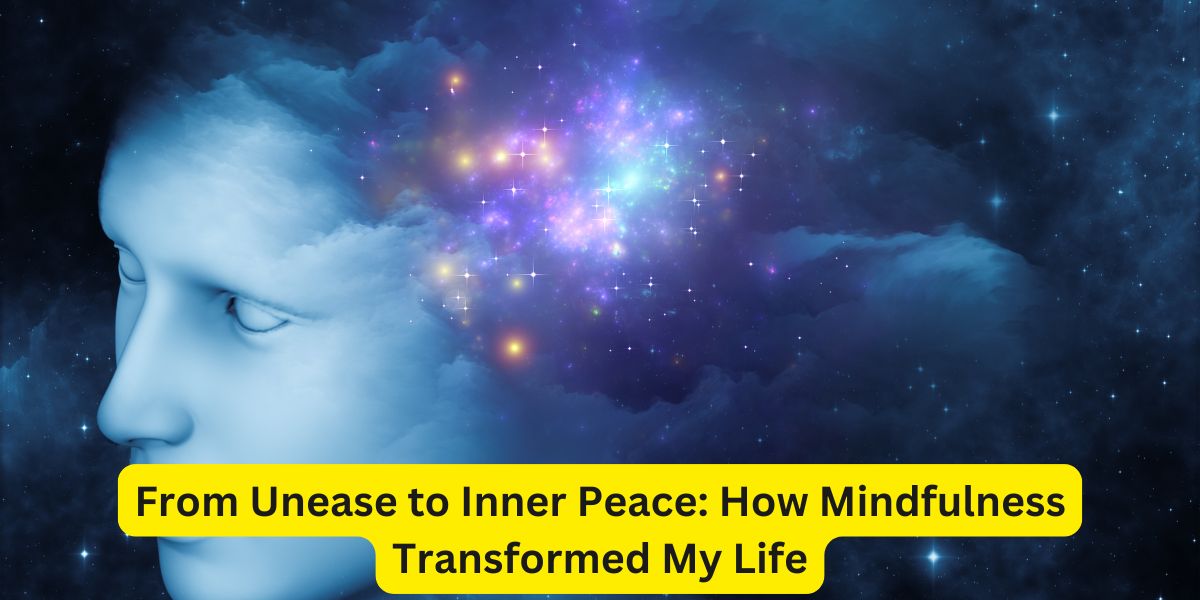Which part of the mind creates concepts: In the vast landscape of human consciousness, we find ourselves constantly navigating a realm rich with thoughts and ideas. Each thought shines with a self-luminous quality, beckoning us to explore its depths. Yet, a fundamental question remains:
Which part of the mind creates concepts
Where do our concepts originate? This question invites us on a journey into the intricate workings of the mind.
The Essence of Thought and Memory
To grasp the roots of our concepts, we must first understand the relationship between thoughts and memory. Thought is not merely an isolated flicker in the mind; it is fundamentally intertwined with memory. In essence, thoughts arise as the recall function of memory. If we envision memory as a vast, expansive bank of experiences, thoughts become the currency we draw from.
This immense reservoir of memories is constructed from habit patterns, formed over time through our experiences and interactions. These long-standing habits shape our character and personality, and collectively, this intricate memory bank is what we refer to as the mind.
With this understanding, we face a pivotal question: How do concepts arise? The answer, however, is shrouded in mystery.
Delving into Sensations and Perceptions
Let’s take a moment to explore the fundamental components of our experiences:
- Sensations: These are the raw inputs we receive from our senses seeing, hearing, smelling, tasting, and feeling.
- Perceptions: These are the meaningful interpretations we create by combining sensations with thoughts.
This interplay of sensations and perceptions is all we know as we venture forth to uncover TRUTH, encompassing our understanding of the cosmos.
But do we truly grasp how sensations occur? We possess secondary knowledge, accumulated from science and textbooks, yet the essence of how we experience the world remains elusive.
Consider this:
- Do we feel our eyeballs adjusting to varying distances and brightness levels?
- Can we sense the intricate dance of our retinas, optic nerves, and neurons?
- Are we aware of our brains interpreting the myriad optical signals?
The profound truth is that we have no definitive clue as to how seeing occurs. All we know is that seeing is somehow happening.
This same mystery extends to hearing, smelling, tasting, feeling, and even thinking. These processes unfold around us, yet their inner workings remain hidden from our understanding.
From Unease to Inner Peace: How Mindfulness Transformed My Life
The Enigma of Thoughts and Concepts
When we contemplate concepts, we must confront the reality that they are, at their core, simply thoughts. However, the question persists: How do thoughts arise, and how do they carry cognizance?
This leads us to a stark realization: we remain in the dark, grappling with questions that may never find resolution. There exists a mysterious aliveness that perceives the cosmos through our biological functions. But how does this aliveness operate? This remains unknown and unknowable.
The Nature of Reality: Witnessing Aliveness
As we delve deeper, we arrive at a profound conclusion: the natural laws governing existence are magnificent mysteries, destined to remain so forever.
Ultimately, what is real is the witnessing aliveness that perceives the cosmos not the cosmos itself. It is this witnessing presence that connects us to the fabric of existence, inviting us to explore the depths of our own consciousness.
FAQ: Understanding the Mind and Concepts
Q: What is the relationship between thoughts and memory?
A: Thoughts are the recall of information stored in memory. Memory serves as a vast repository of our experiences, providing the foundation for our thoughts.
Q: How do sensations contribute to our perception of reality?
A: Sensations are the raw data from our senses, while perceptions combine these sensations with thoughts to create meaning and context for our experiences.
Q: Why is the origin of concepts considered a mystery?
A: Concepts are derived from thoughts, but the mechanisms of how thoughts arise and gain awareness are still elusive. Our understanding is limited, leaving us with many unanswered questions.
Q: What does it mean to experience “witnessing aliveness”?
A: Witnessing aliveness refers to the awareness that perceives the cosmos through our biological senses. It is the essence of being that exists beyond our thoughts and concepts.
Q: How can I embrace the mystery of existence?
A: Accepting the mystery of life encourages a deeper appreciation for the present moment. Engage with your thoughts and sensations without the need for concrete answers, allowing yourself to experience the beauty of being alive.

1 thought on “Which part of the mind creates concepts?”